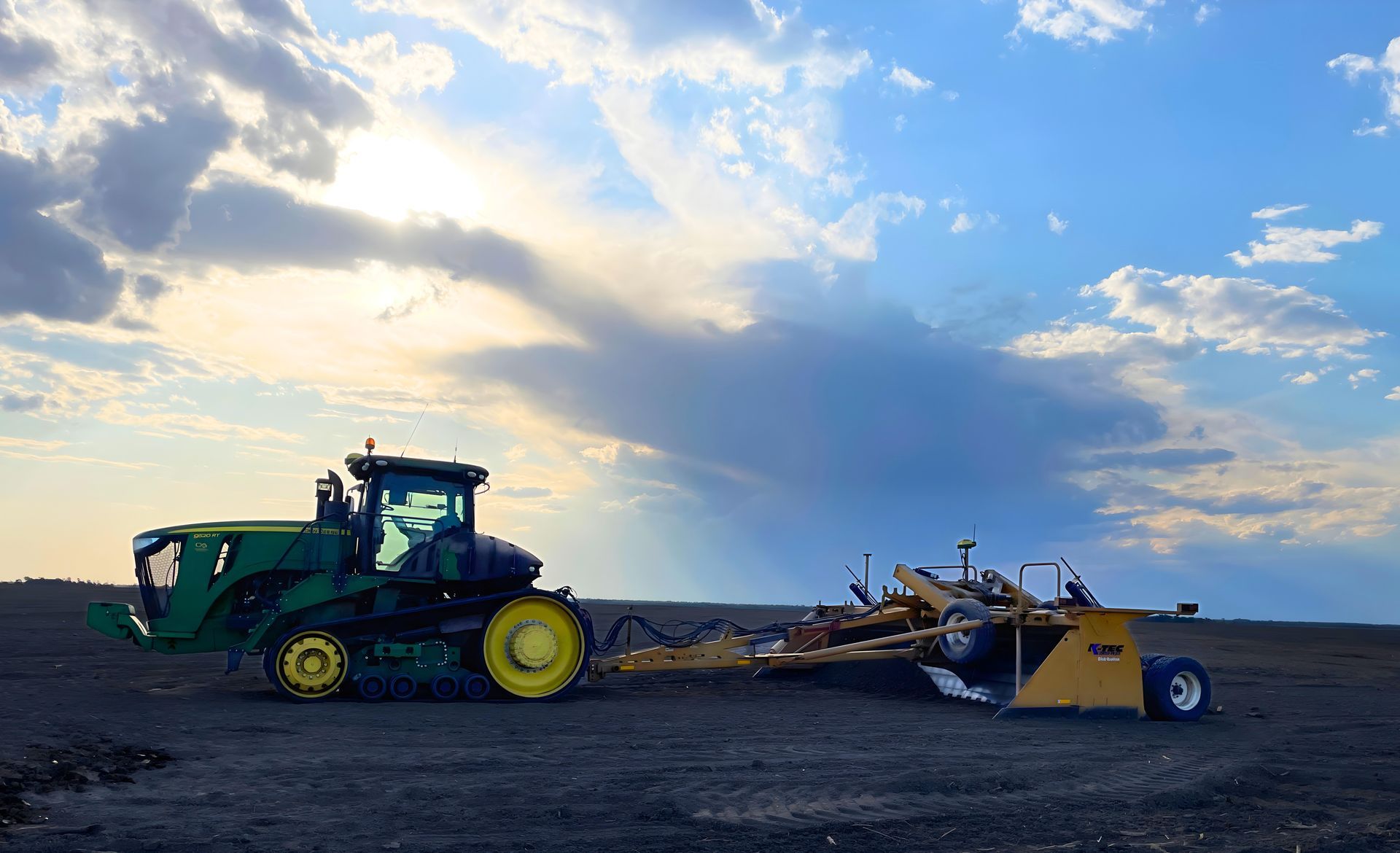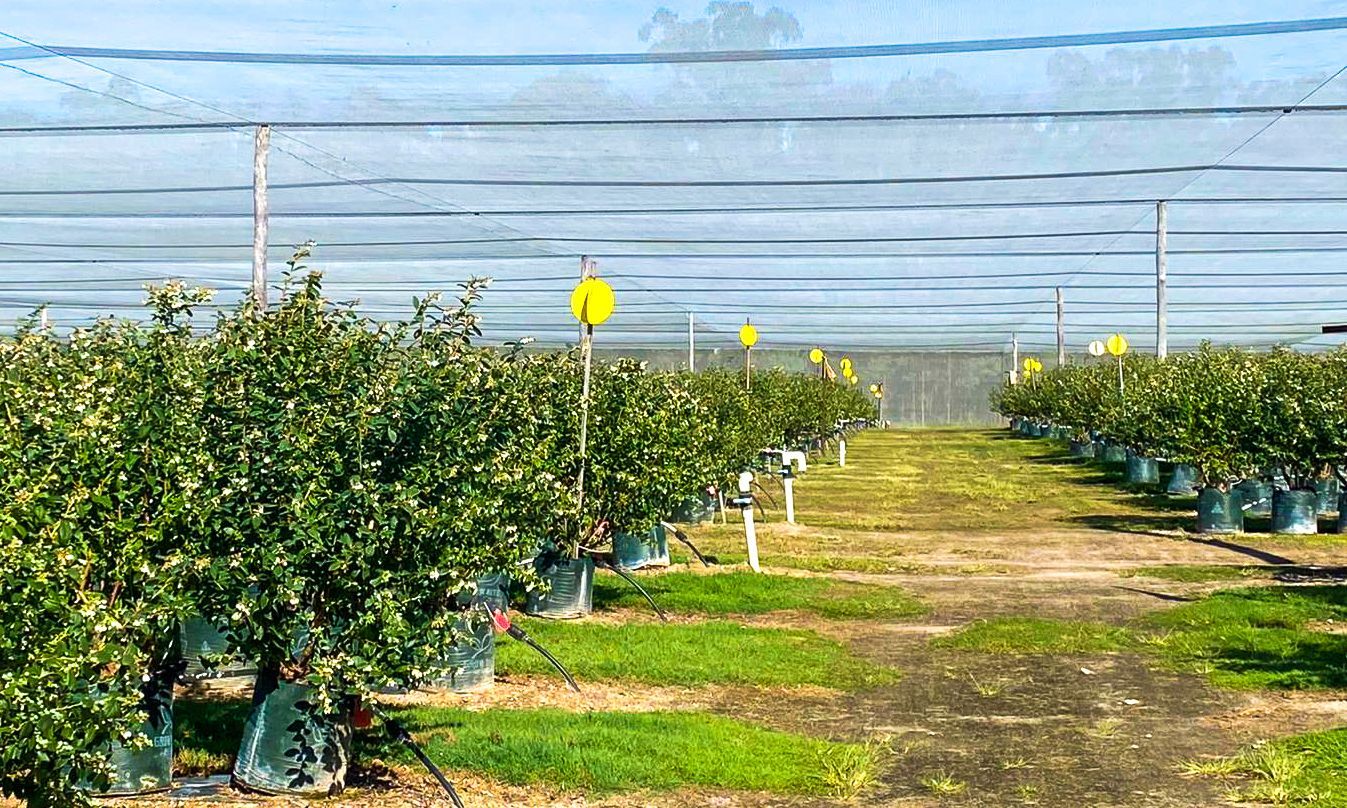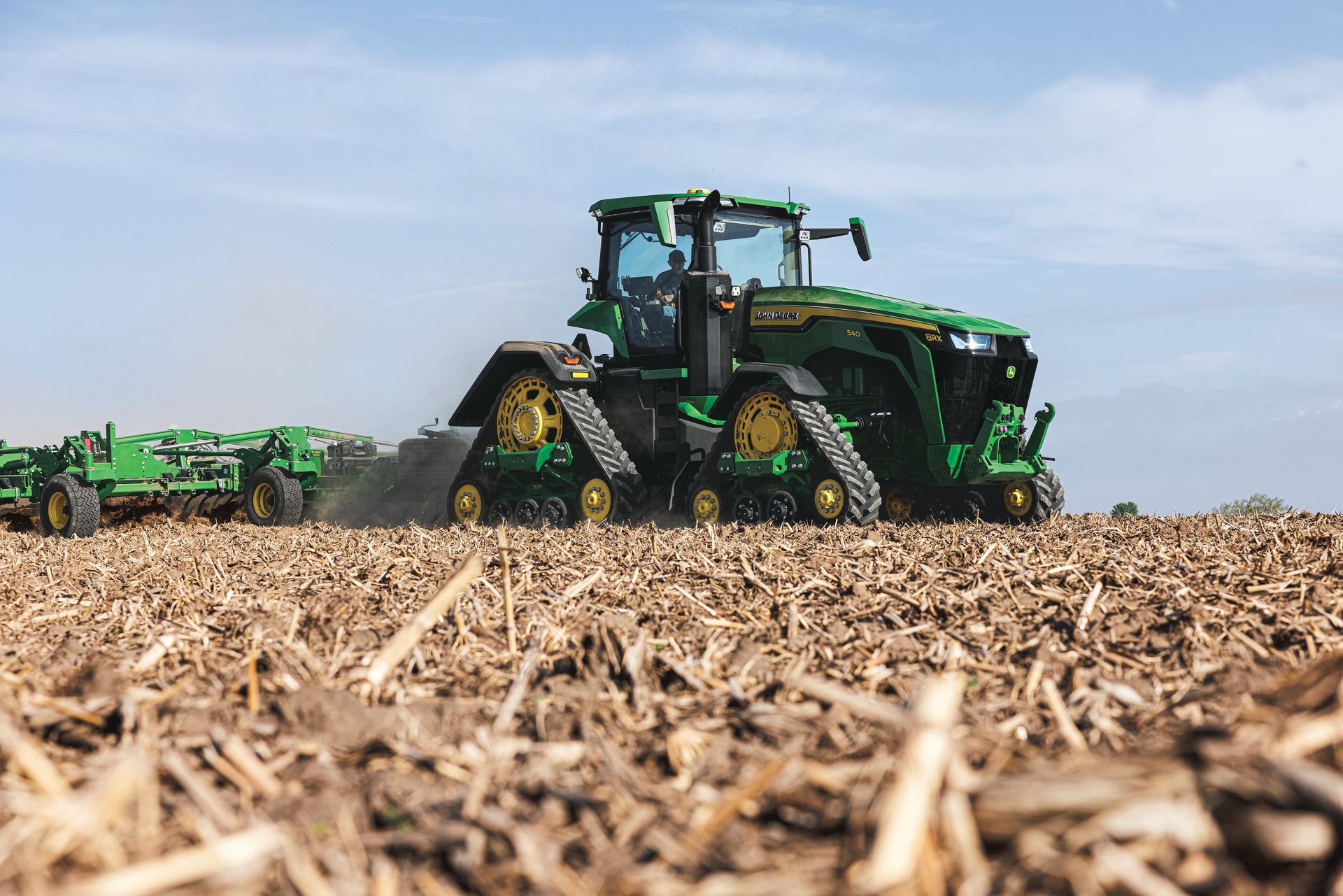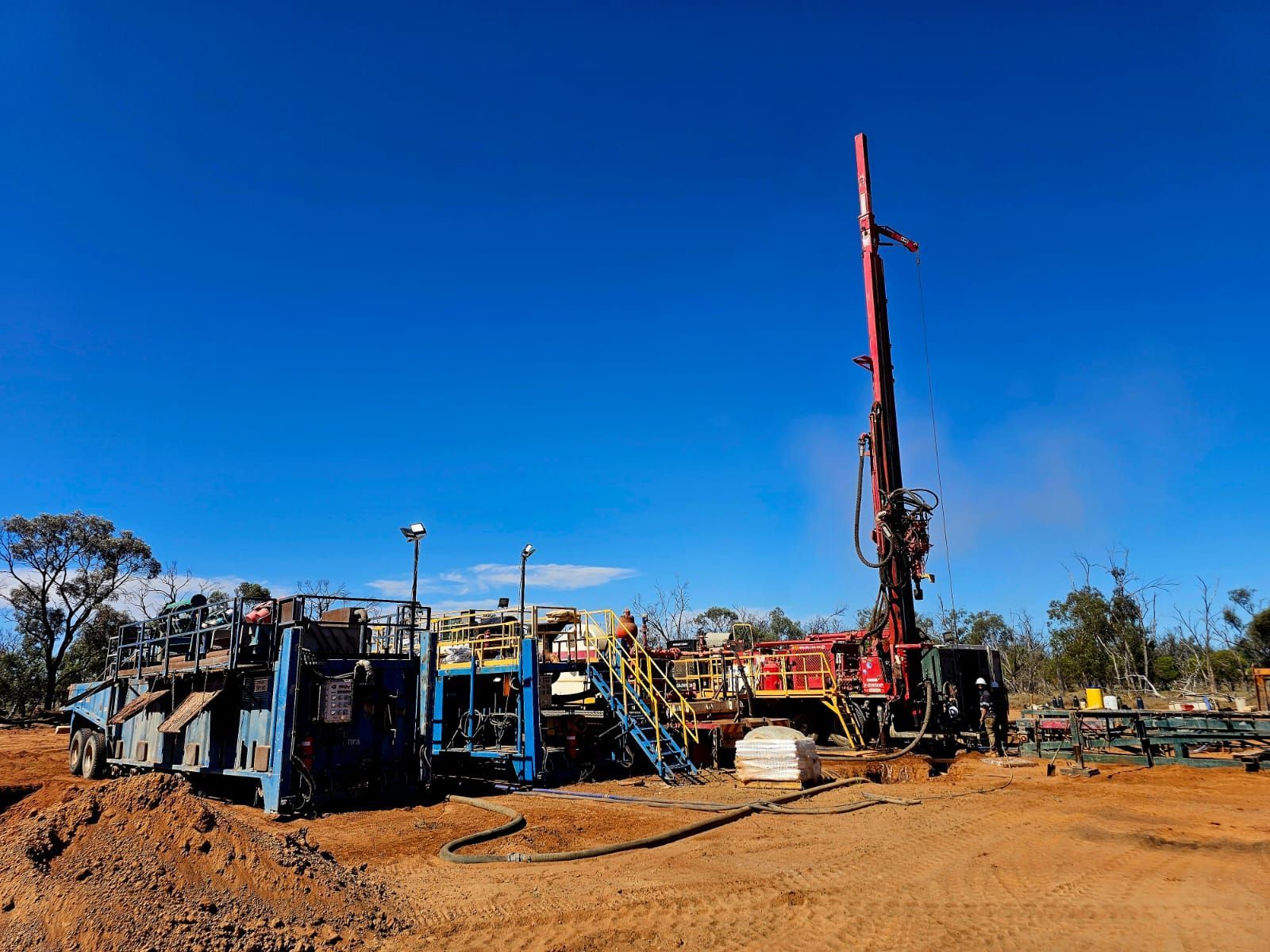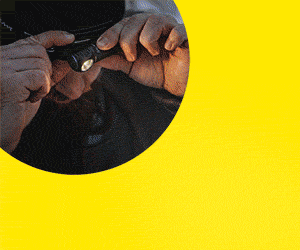1MG FlippingBooks
Sugarcane tissue culture tech could cut costs in half
Elizabeth Gracie
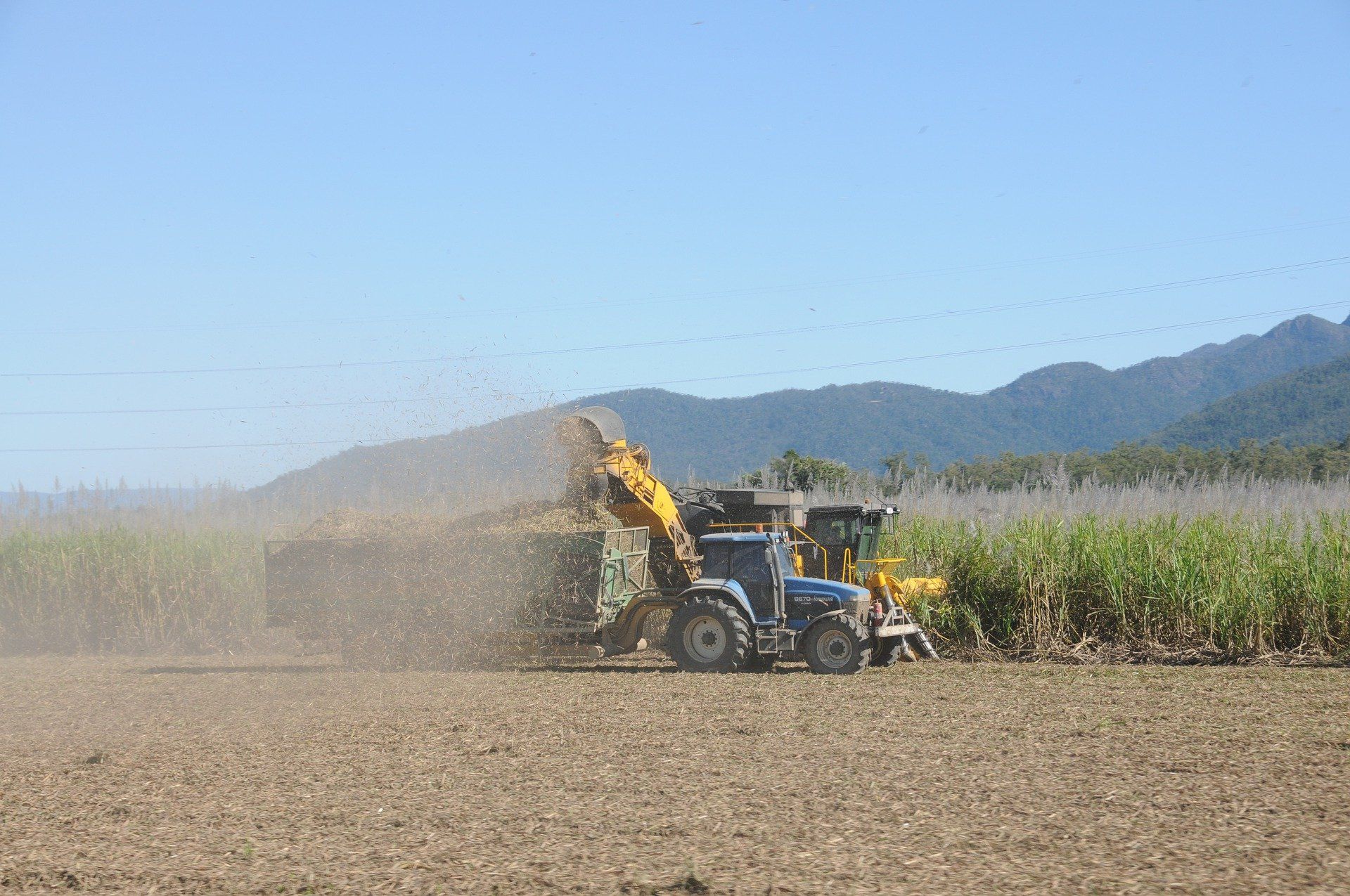
Sugar Research Australia (SRA) has partnered with Lowes TC to develop a system that automates the production of sugarcane tissue culture plants, using less laboratory chemicals and less labour.
According to SRA, the new method can reduce costs to growers by half.
As SRA Executive Manager for Variety Development and Processing, Dr. Jason Eglinton explains, “Tissue culture can provide more rapid availability for new varieties. Cheaper prices for growers with this technology have the potential to accelerate the adoption of new sugarcane varieties.”
According to the SRA, tissue culture is widely used by farmers to maintain or grow healthy plant cells and plays an important role in providing growers with rapid access to the newest varieties of disease-free sugarcane.
Lowes TC has patents pending domestically and internationally for the novel growing system. The company notes that creating the new method came with its own challenges.
Director of Lowes TC, Greg Lowe, said “We had to come up with a new type of liquid media bioreactor so it could be used with our automation technology.”
Bioreactors traditionally function to provide an efficient plant propagation system for growers and use liquid media to avoid intensive manual handling.
“It is different to existing temporary immersion bioreactors because it does not use pressurised air to move the liquid media up into the plant growing chamber but a novel ‘no pressure’ method that does not break the sterile seals of the bioreactor and does not have any moving parts, which are common issues with other systems”.
“Successful application of the bioreactor technology to sugarcane will reduce the cost of cleaning planting material and encourage greater use of tissue culture” said Dr. Eglinton.
Lowes TC has already completed commercial testing of the automation technology by using ornamental plant species which make up a major portion for the Australia tissue culture market.
They hope to soon make the technology available to other tissue culture companies who supply the sugarcane industry following further commercial testing.
NEWS

Prodoz, a Proudly Australian and family-owned agribusiness, based in Melbourne, is strengthening its positions as national/international leader in advanced crop – science solutions through a growing portfolio of global innovation partners and a distribution footprint supported by all major distributors - includes Nutrien Ag, Elders, Lindsay Rural and Independent Rural stores.

